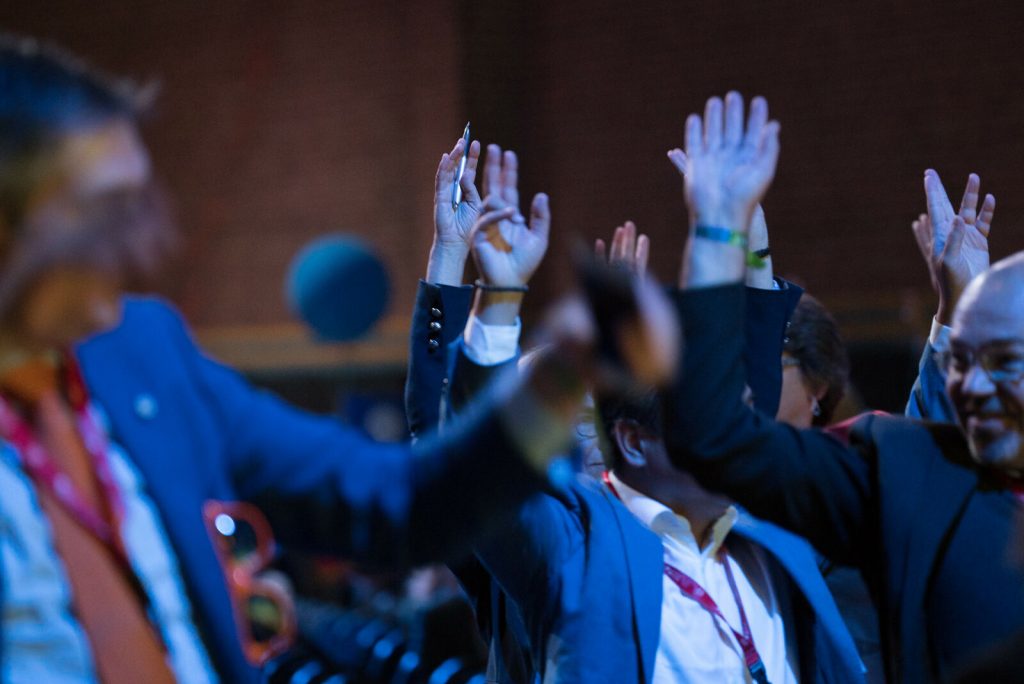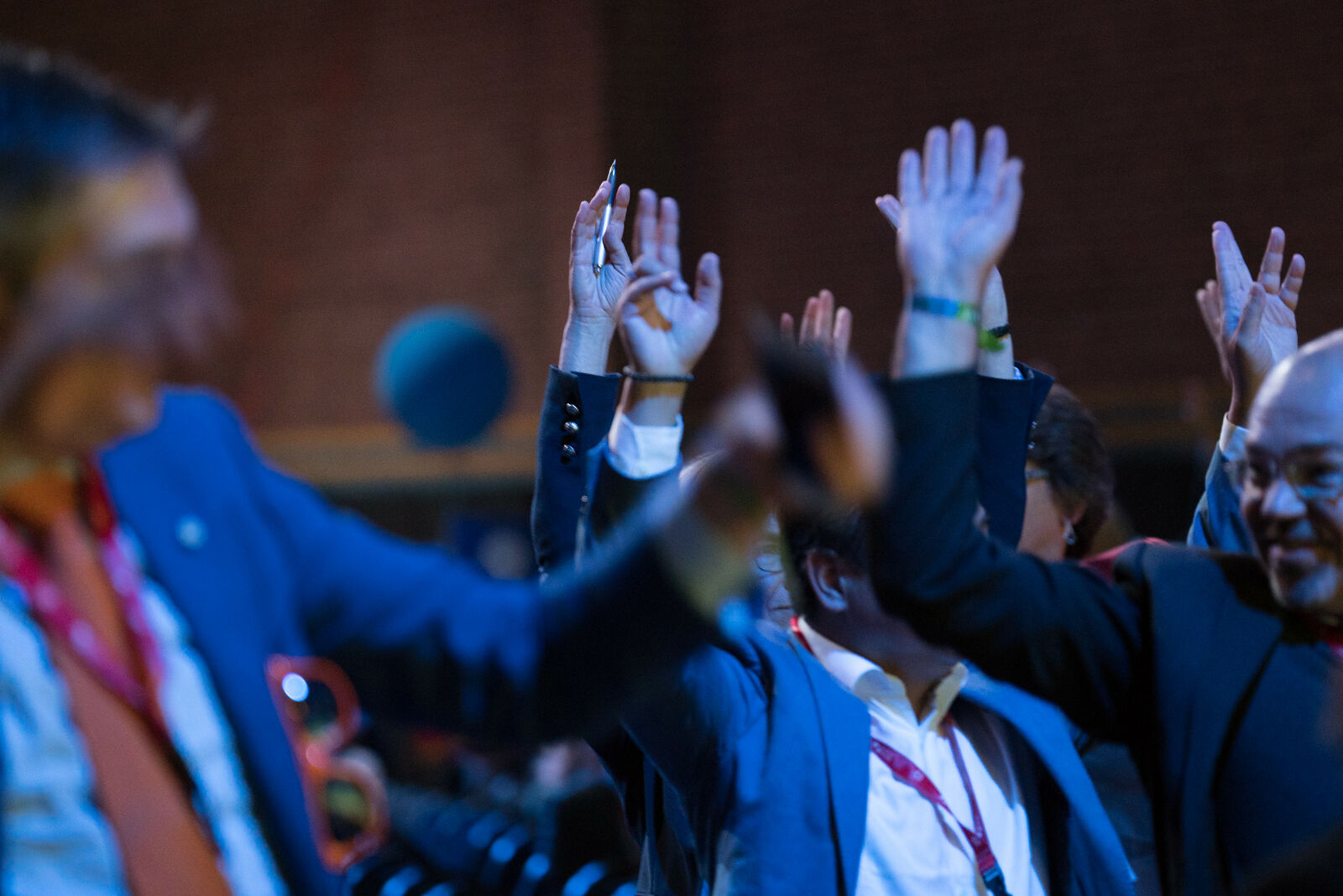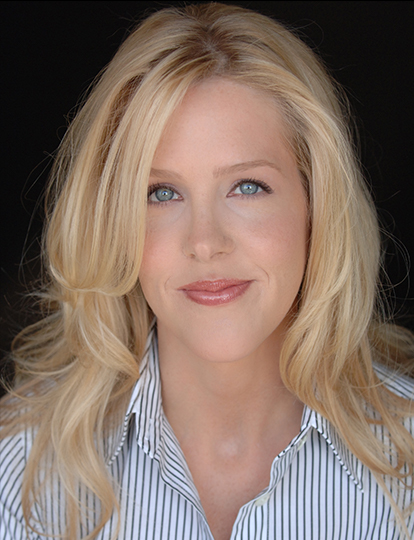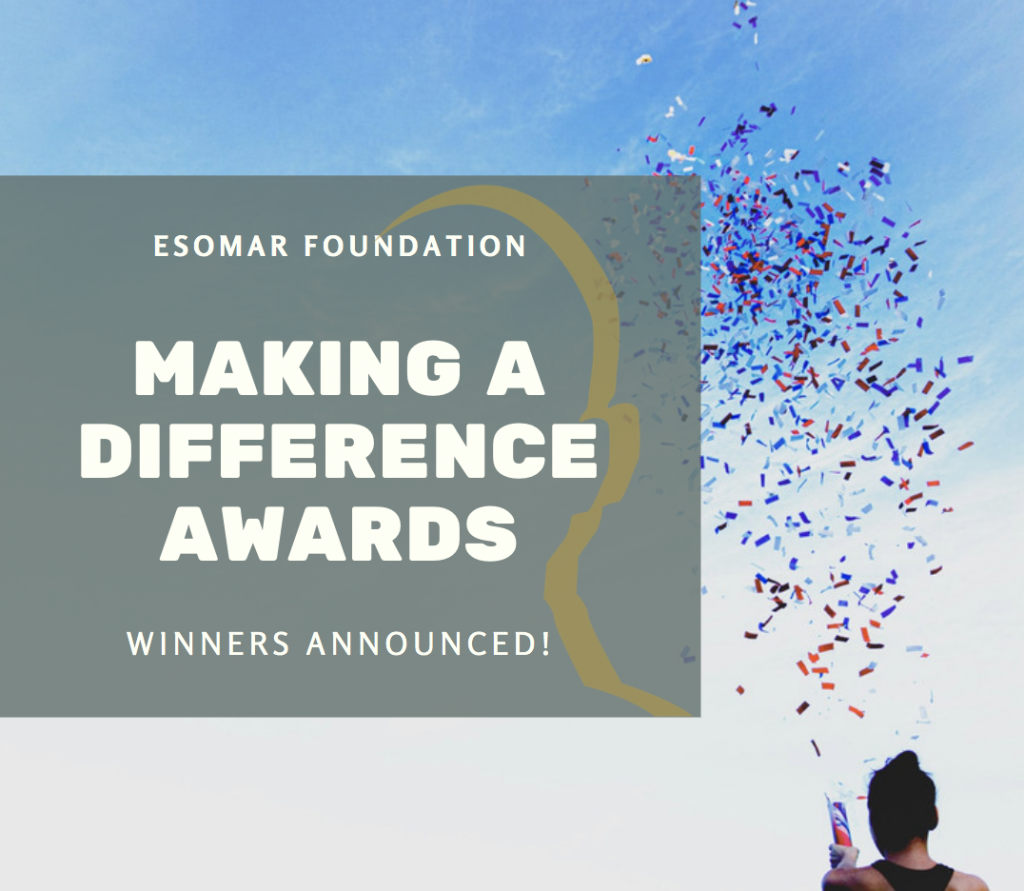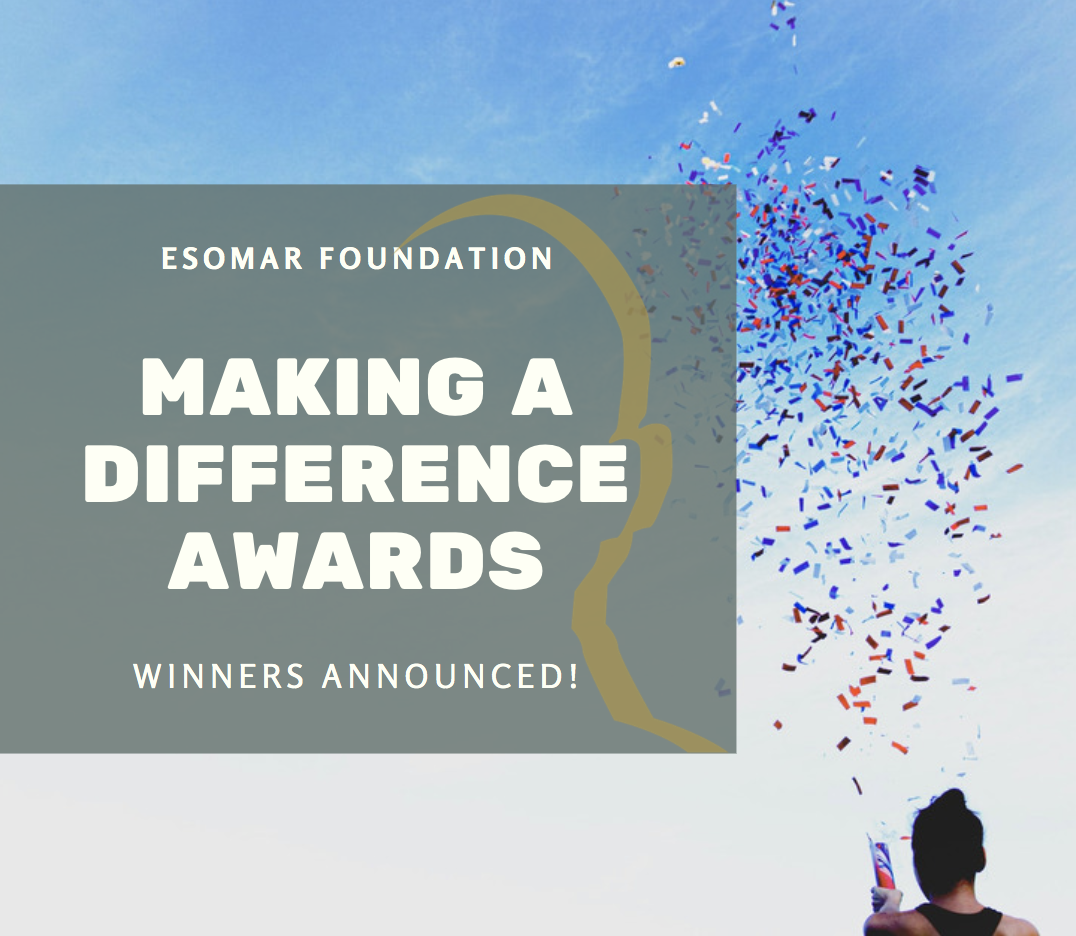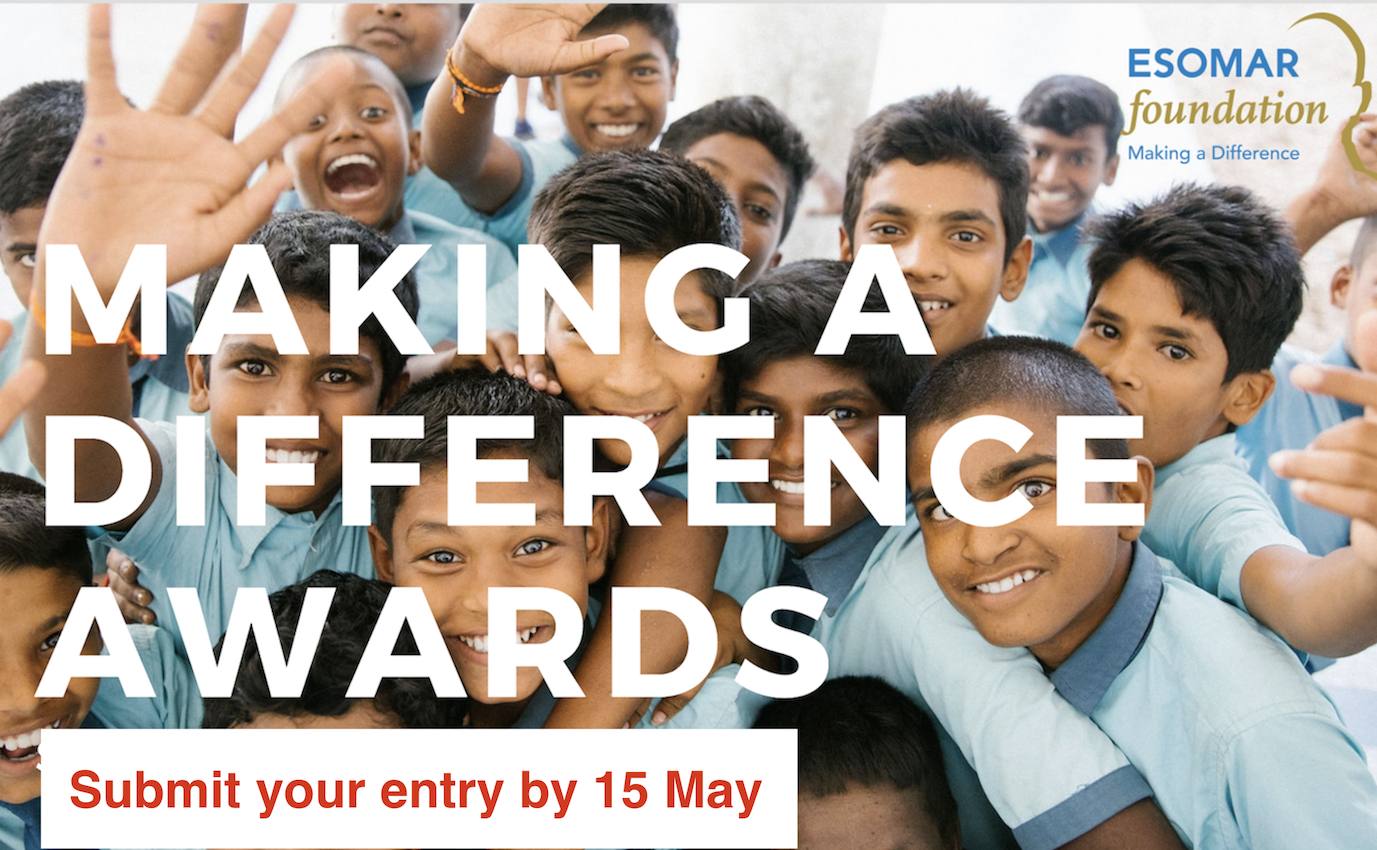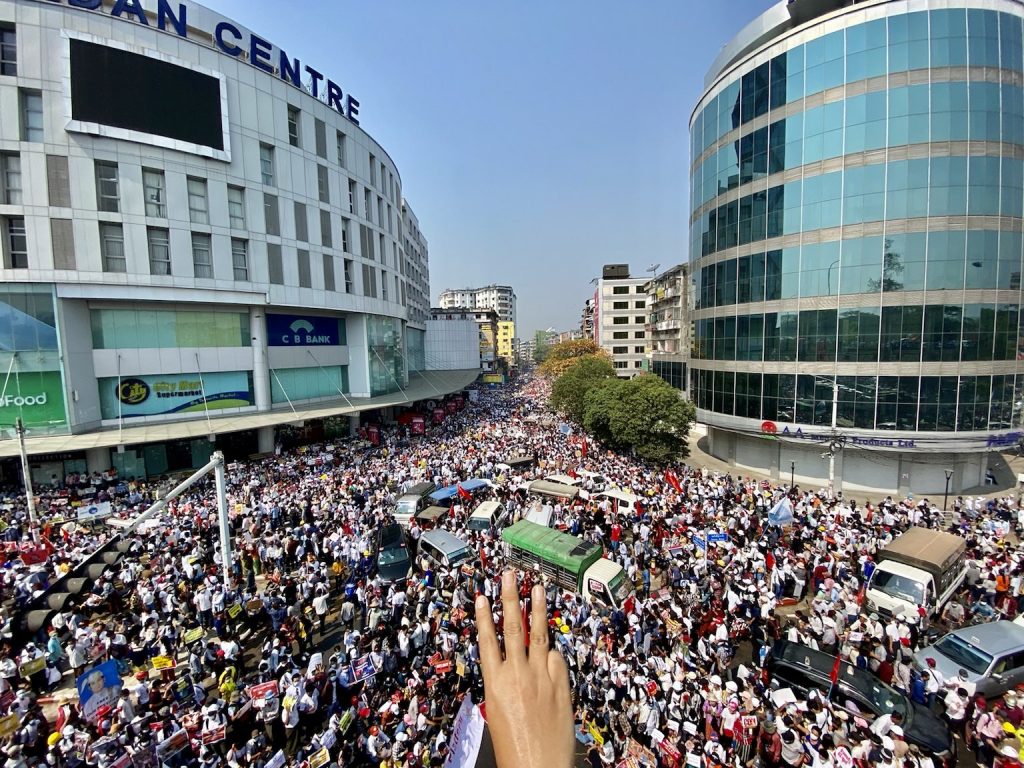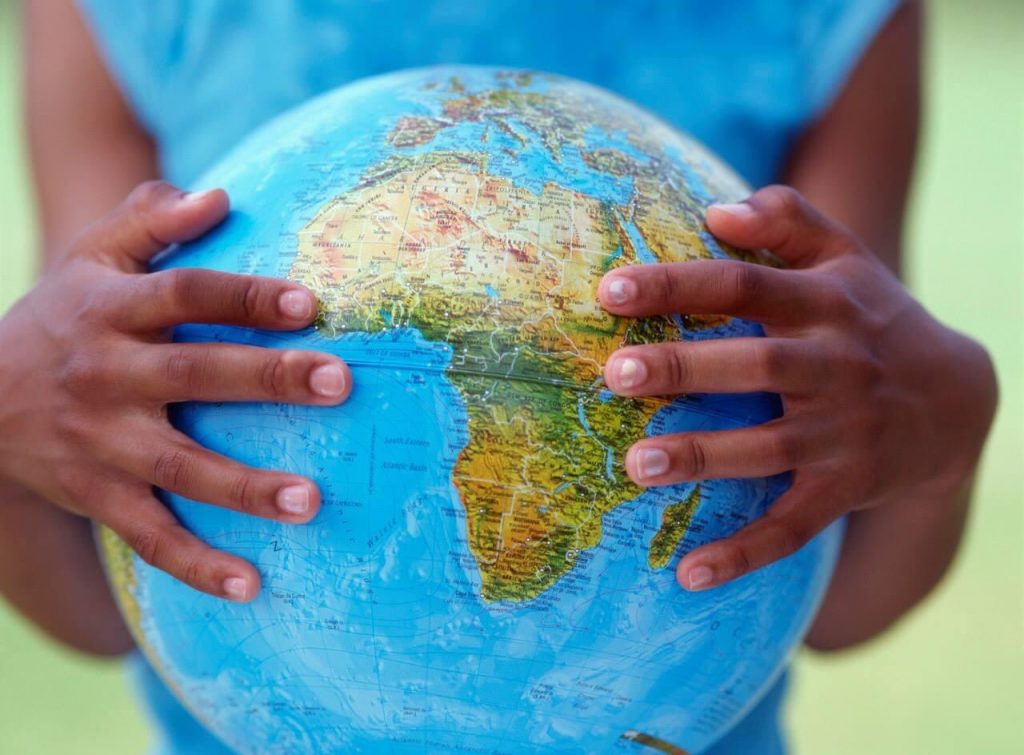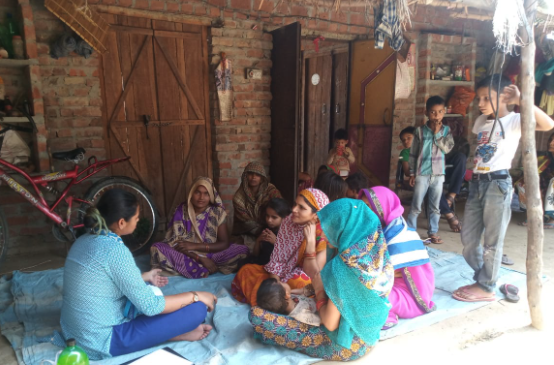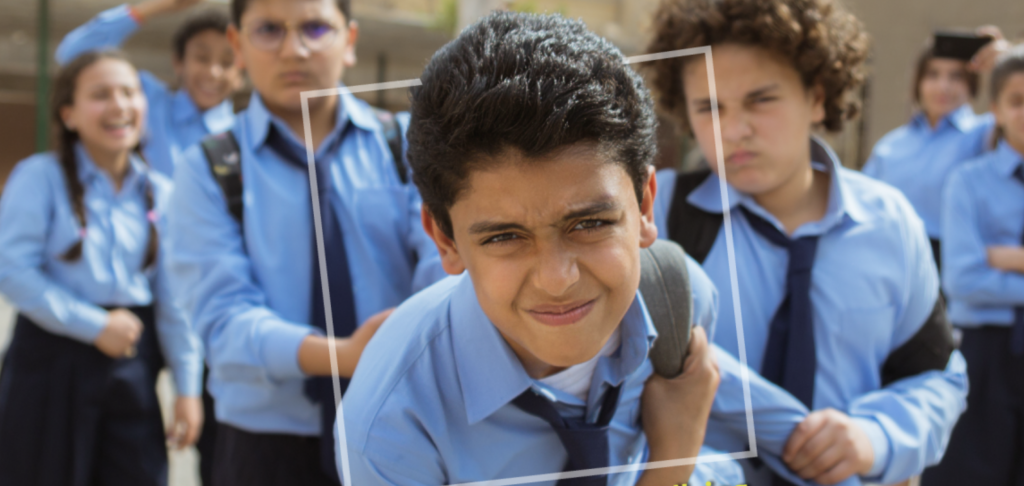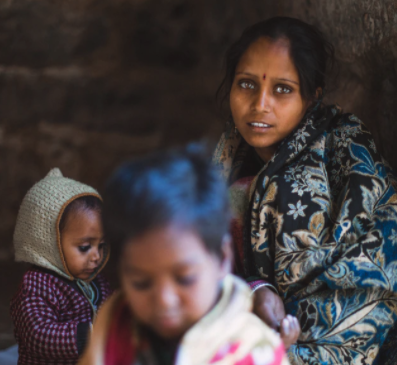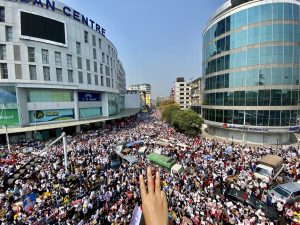
Just as the fight against Covid Pandemic seemed to be almost over, a political crisis has drawn Myanmar’s economy close to collapse- but there is a capable, smart and ambitious young Generation willing to give everything to save it and they need our support.
When people in Myanmar woke up on the morning of February 1st, their life radically changed. Just days before, I had discussed with Myanmar friends and colleagues the likelihood of a military coup d’etat, as rumors were spreading of a hostile takeover before the newly elected Parliament took oath. At the same time, our industry, certainly bruised by the devastating effects of the pandemic was feeling optimistic with infection rates in clear decline for weeks and we were hopeful that the restrictions on travel and gatherings would be lifted very soon.
At that point, my colleagues and I concluded that a power grab by the military was unlikely, given that the military already wielded political and economic power in the country. According to the 2008 Constitution, they held a quarter of the seats in Parliament and the right to appoint 3 key Ministers. The military also controls large parts of the economy as they own huge business conglomerates that stretch from ICT, extractive industries, banks to consumer goods providing enormous wealth to senior army leaders. Seizing power, we felt, would have no point as it would clearly endanger the economic progress of the past decade initiated by liberalization and democratic reforms. At the same time, the Covid-19 pandemic had increased the number of households living under the UN poverty threshold by nearly 30% and about 75% of households had reduced income during the many months of lockdown.
Still, the Military took over and revived the nation’s collective trauma of 50 years of authoritarian and autarchic rule, resulting in widespread anger and a broad consensus: a return to military rule would no longer be accepted. At the forefront of the movement against dictatorship are the youth from Generation Z. They did not spend their adolescence under the military rule but still experienced its disastrous effects of bad education, low living standards and underdevelopment. They had the chance to taste freedom and democracy, growing up with relatively free media, access to internet, the freedom to travel within the country and abroad, career opportunities – and suddenly saw their dreams and future taken away from them overnight.
First flashmobs organized by Gen Z grew within days into thousands of people protesting nationwide and ignoring the newly implemented state of emergency that prohibits any assembly of groups. Like in Myanmar’s past, when students lead the uprising in 1988, it was the many young people who drew crowds to the streets, joined by their parents and grandparents who participated to fight for a better future for their children. Yet, this time the movement is different: Six years ago, most Myanmar people had never been online as internet access was restricted, expensive and slow. These days, the protest movement quelled within a few days to every corner of the country driven by young adults who organized rallies via Facebook.
The pandemic has quasi helped the protest movement as people adopted a more digital lifestyle during the lockdown
Messages to boycott brands owned or in a JV with the military spread fast across social media. Apps that showed maps with increased police activity during protests circulated online along with guides on how to protect oneself on the street and from tear gas. Many of these guides were shared by young activists from other Asian countries who have come together under the Milk Tea Alliance, being united in their quest for democracy.
During the long stay-at-home orders people in Myanmar became even more tech-savvy, learning how to download streaming apps, had a go with online shopping and how to communicate via Zoom – preparing them to adopt fast to a new digital toolbox to brave the army in an unprecedented way.
Digital technology allowed people not just to organize activities quickly, but also to document the events and share the news with the world. While state-owned TV channels only showed pro-military propaganda, the peaceful protests- and later also the many human rights violations committed by the security forces- were filmed and shared by brave citizens simply using their smartphones. At the same time, Facebook helped to disseminate accurate information: posts of re-known independent media triggered nearly 15 million likes and up to 30,000 shares within hours. Hashtags such as #whatshappeninginmyanmar trended both on FB and Twitter.
In an attempt to dominate the narrative around the coup, the military soon blocked Facebook, Twitter and even Wikipedia. The digitally literate youngsters quickly found ways to circumvent those restrictions by using VPNs and encrypted chat apps- easily outsmarting the old generation of army generals. The Military reacted by shutting down the mobile internet and public wifi for an indefinite time. Yet, youngsters found Bluetooth chat apps and other possibilities in the dark net to stay in touch and share with the world what is happening in Myanmar. Fiber connections at homes still work, though these are mainly owned by few affluent people in urban areas.
“You messed with the wrong Generation”
After months in lockdown, the initial protests had a carnival-feel to it. People were less scared about the virus than the prospect of returning to military rule. The objective of the protests was not just to show the disagreement with the military takeover but also to attract (international) media attention since many hoped for foreign help.
Again, the young generation showed creativity, boldness and humor in their costumes and banners all on display during the protests. Walking side to side with teachers, doctors, lawyers and other civil servants in their uniforms, we saw illustrious groups like pet lovers who came with their trimmed poodles, body builders, women in bridal dresses and even a person in a superman costume – a powerful way to create media attention.
The common goal to prevent military rule has united Myanmar society more than ever before. The different religious groups and ethnic people marched alongside with members from the LGBT community or punks. More recently, people have even publicly apologized to the Rohingya minority for not speaking out at the time when they were prosecuted by the military- breaking what was a big taboo in the country thus far. The coup further emboldened and encouraged individuals to show their ‘true’ identity, finding a voice and experiencing a feeling of togetherness in their common quest.
For several weeks now, the jolly happy atmosphere of the first protest weeks has turned into an endless nightmare. Security forces indiscriminately executed protestors by shooting them in the head and provoking widespread fear among the population through indiscriminate arrests, dragging people from their homes at night, beating them up, looting homes and shops and destroying any civilian property they find on their way.
When 19-year-old Kyal Sin, also called by her nickname Angel, left her home in Mandalay to join the protest one day she wore a black t-shirt with a front print reading ‘Everything will be OK’. That day she was shot in the head while taking cover from security forces who were firing live rounds on peaceful protesters. Her picture went viral globally. She epitomized this new generation, a brave young female who in the November 2020 elections had voted for the first time in her life, who dreamt of a better future and didn’t want to accept that her freedom could be taken away in a blink.
Many Myanmar people say they have nothing to lose as they are poor already and would rather die than to live again under military rule
Most of us experience such uprisings as a 30-seconds-clip in the evening news. There are millions of courageous and determined people like Angel in Myanmar – and some of them also in our Industry. There are many young talents who are excited to do research, to discuss and monitor the social and economic changes happening in their country. Many (young) people are incredibly brave to risk their lives so they can go back to what this new Myanmar generation enjoyed so much –being safely with their friends and family, having freedom to say what they think and to express who they are, traveling, having fun, gaming, shopping, pursuing a career … you name it. Their future is at stake.
The objective of the Civil Disobedience Movement is to block the economy and make the country ungovernable to force the military out of politics. This is also affecting our industry as most research came to a halt due to security reasons. How long can agencies pay their staff’s salaries when they are no longer able to generate any incomes?
There is no fast solution to this crisis on the horizon. The World Food Program has already pointed to alarming effects on food security. The Research Industry that was built during the last decade is at the edge of a dangerous cliff. When I moved to Myanmar 9 years ago marketing and research talent was hardly existing. Young people worked hard to acquire necessary skills and absorbed all the trainings given to them – incl by the ESOMAR Foundation. All of us, including our clients, should stay committed to them and show that they have a future economy to believe in, that we stand with them. One important way to do so is to keep Myanmar researchers connected to the outside world. Let’s share industry developments, let’s keep our networks, our community and our discussions alive- young people thrive with food for thought, this is something we can easily provide- perhaps they even surprise us back with creative ideas and opportunities.
Once the situation allows, I am certainly committed to be back to help continue where we left it, building on the young talent we grew. I hope that the ESOMAR family will join me in that and, in the meantime, stand with the many brave people in Myanmar who just want to live a peaceful and prosperous life in freedom and democracy.

Marita Schimpl, ESOMAR Representative Myanmar, Managing Director, Myanmar Survey Research, Marketing Research
This article was first published on Research World on 31 March 2021
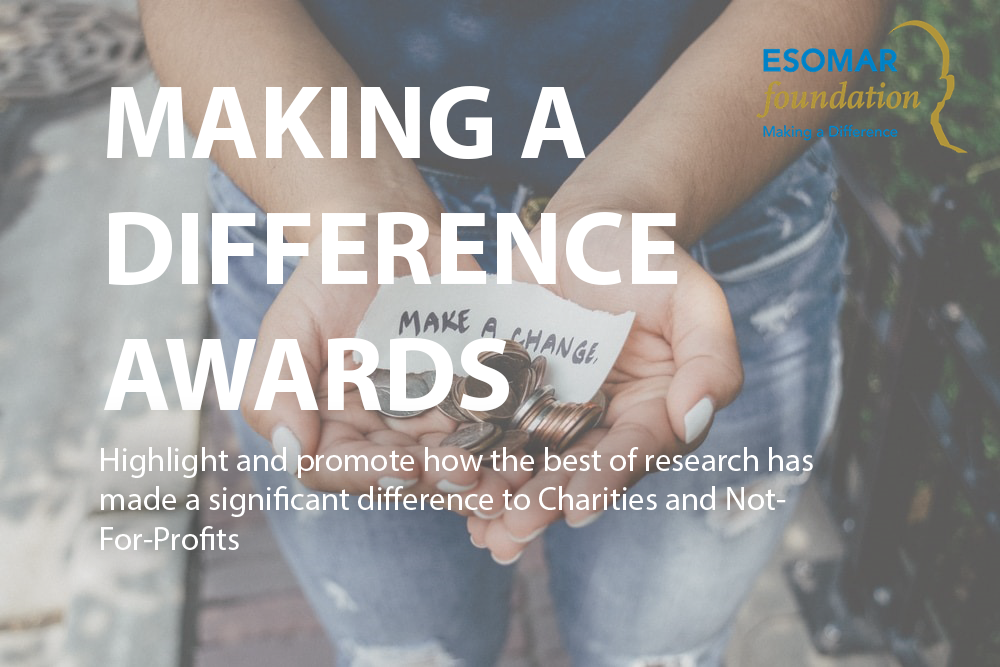

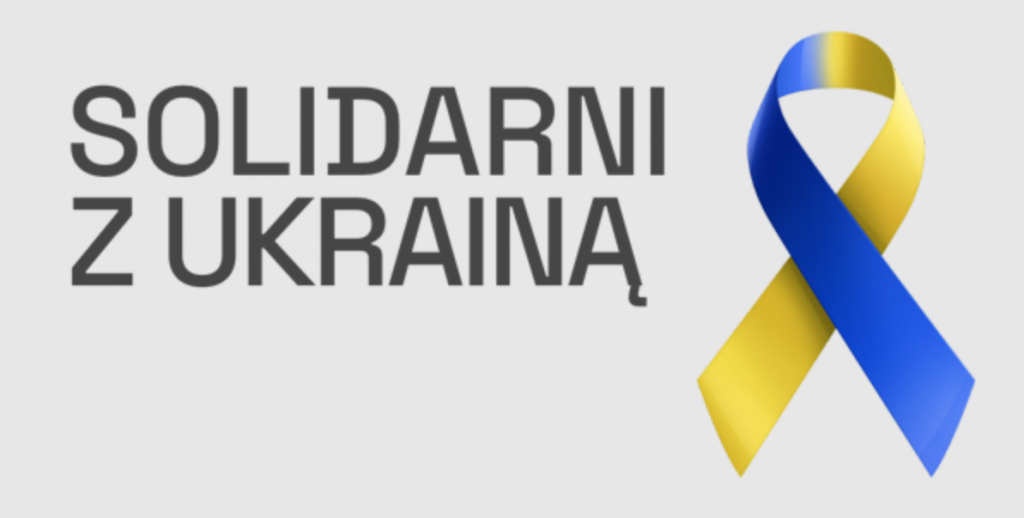
 As the unspeakable tragedy of the Russian invasion of Ukraine unfolds, it’s time for the European advertising community to come forward and help our Ukrainian friends in any way it can.
As the unspeakable tragedy of the Russian invasion of Ukraine unfolds, it’s time for the European advertising community to come forward and help our Ukrainian friends in any way it can.